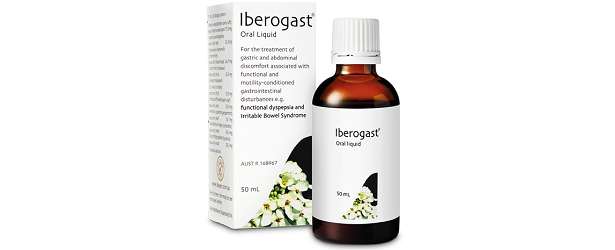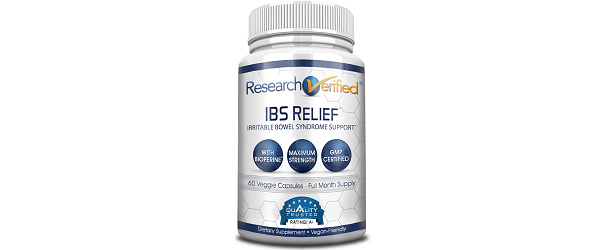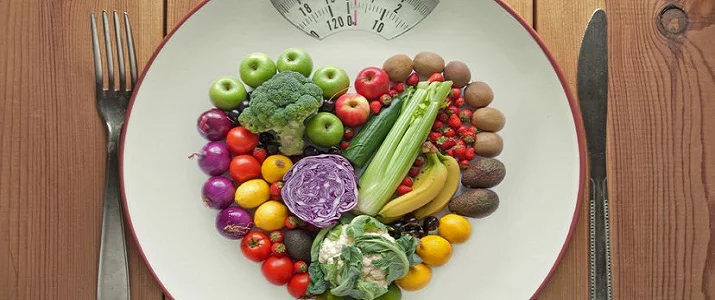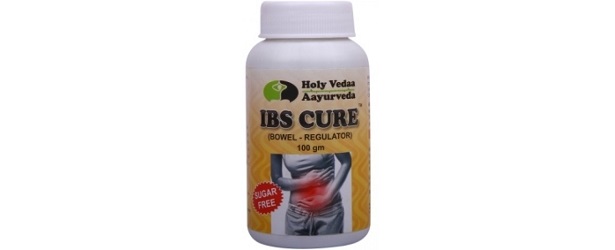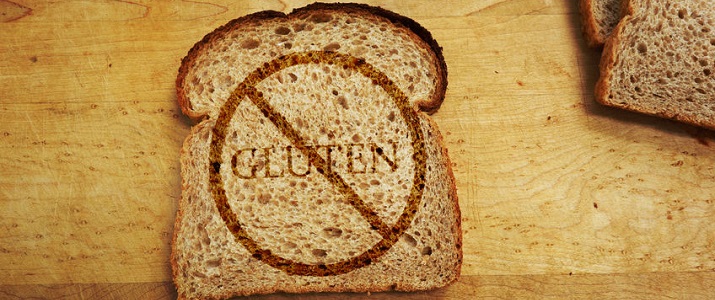
Top 3 IBS Diets
IBS, or Irritable Bowel Syndrome, is an unpleasant syndrome that affects the bowels. Symptoms of IBS involve uncomfortable fluctuations in the gut, resulting in diarrhea or constipation, depending on the type of IBS. It is common to have cramps and abdominal pain, which could make your daily life unbearable.
Although there are medications on the market to help manage your IBS, finding a diet that soothes your digestive tract is equally worthy of improving your quality of life. Many foods irritate the gut and you’ll be surprised to see the results when you eliminate high-fat or fried foods from your diet.
1. The Low-Fiber Diet
This diet helps treats symptoms like gas and diarrhea. You may have heard of a high-fiber diet for people with IBS, but the low-fiber diet is also worth mentioning. Before erasing all sources of fiber from your diet, eating soluble fiber, or fiber that absorbs water, can help with digestion. You should eat soluble fiber in favor of insoluble fiber. Soluble fiber is in foods like apples, blueberries, oatmeal, beans, and nuts.
Low-fiber diets stress the importance of avoiding fruits, vegetables, and even dairy. If you also are lactose-intolerant, substituting milk in favor of rice or soy will help diminish gas and diarrhea. You also should check food labels on certain products, such as yogurt, cereal and some drinks have added fiber. Foods with 1 gram or less of fiber are appropriate.
2. The Gluten-Free Diet
Gluten is a protein that allows flour to have a stretchy texture and helps it stick together. It can be found in many grains such as wheat, barley, spelt and rye. Gluten actually damages intestines for people with celiac disease or people who are incapable of digesting gluten. People who are sensitive or intolerant to gluten also have IBS symptoms. To reduce symptoms, sticking to a gluten-free diet is advisable.
Instead of eating bread, you can feel full after eating lentils or quinoa as a staple. Rice is a very common grain that does not contain any gluten. Some pastas and breads with little or no gluten are on the market and replace gluten with oat, rice or almond flour.
3. The Low-Fat Diet
Foods that are high in fat are usually low in fiber, which causes problems with people suffering from constipation. Fatty foods particularly worsen the IBS symptoms of both constipation and diarrhea. High-fat foods include fried food, sugary treats, and cream. Instead of indulging in a big plate of nachos or gulping down a milkshake, increasing your consumption of lean meat, fruits, vegetables and whole grains can help keep your digestion functioning normally.
Wrapping Up
There are three reliable, specific diets outline above. The combined nutrients with the foods specifically targeting vital intestinal functioning will help you live your best life pain-free. Nothing is worse than your bowels obstructing your day and impeding you from normal functions because of pain and uncomfortable bowel movements. While medication is a surefire way to manage IBS, sticking to a diet that best suits you can ease your worries of IBS symptoms.
TOP 5
IBSTreatments |
|||||
| IBS Clear | BioGanix BioZyme Digestive Enzymes | Nature's Sunshine Food Enzymes | Herbs of Gold IBS Advanced | Kijimea IBS | |
|---|---|---|---|---|---|
| 1 | 2 | 3 | 4 | 5 | |
| Price (1 bottle) Price (6 bottles) best value |
$49.95 $139.70 |
$45.95 $183.80 |
$39.95 $239.70 |
$39.95 $239.70 |
$42.94 $257.64 |
| Overall Rating | 98.7% | 82.00% | 71% | 64% | 61% |
| Effectiveness |





|





|





|





|





|
| Speed of Results | Extremely Fast | Fast | Good | Average | Slow |
| Quality of Ingredients | Premium | Good | Good | Average | Average |
| Customer Satisfaction Evaluation | 99.50% | 81% | 79% | 72% | 68.2% |
| Safety Evaluation | Safe for Use | Safe for Use | Safe for Use | Safe for Use | Safe for Use |
| Customer Service Rating |





|





|





|





|





|
| Reorder Rate | Highest | Good | Average | Good | Average |
| Return Policy | Risk Free | Unused | Risk Free | Unused & Unopened | No |
| Success Rate | 99.60% | 83% | 77% | 71.20% | 69.2% |

 Subscribe Now
Subscribe Now





